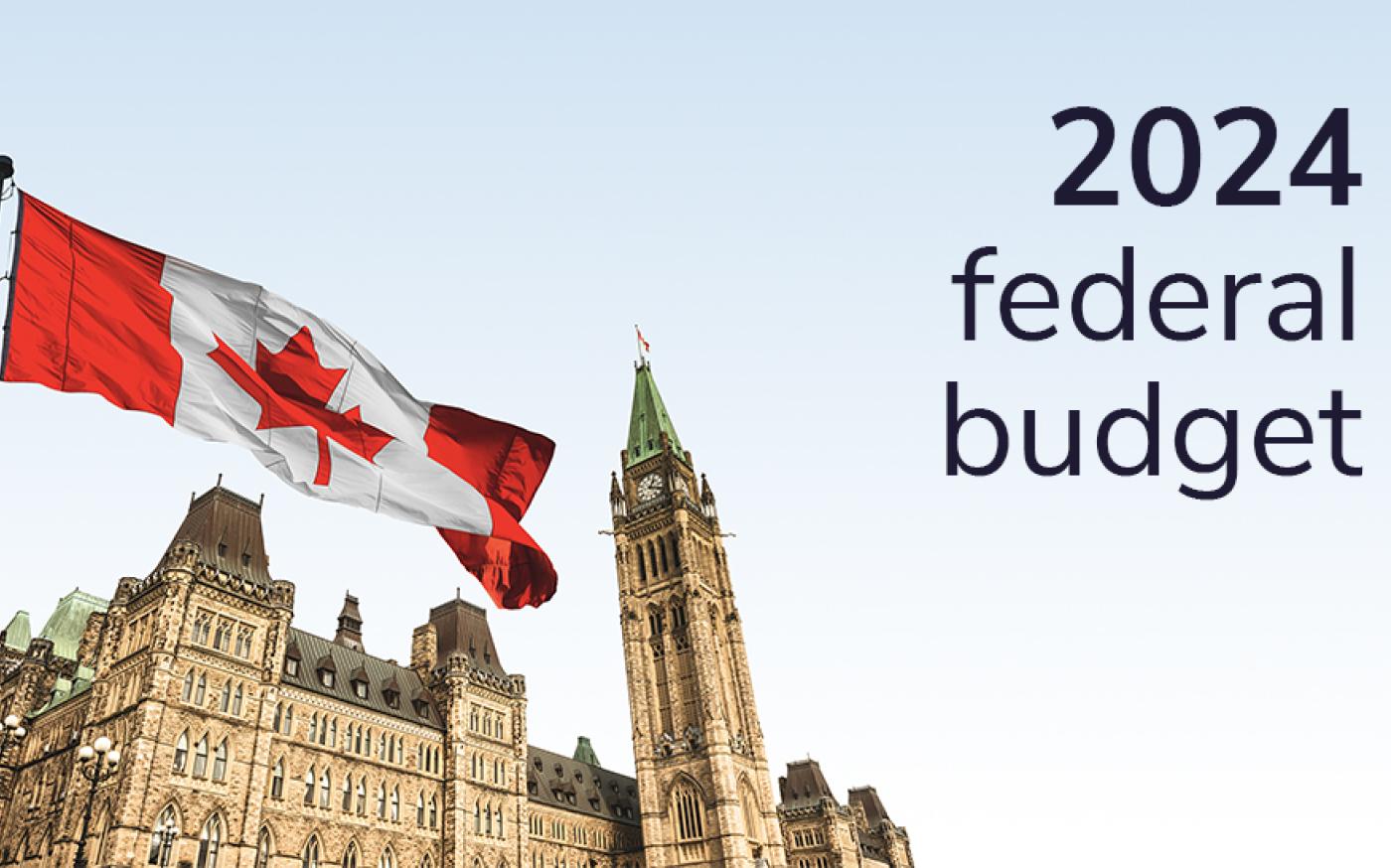As we turn the page to 2026, investors find themselves navigating a market that has defied expectations. The volatility of early 2025 — driven by geopolitical uncertainty and policy reversals — gave way to a powerful rebound, reminding us that fundamentals (the key principles of investing), not headlines, ultimately steer the course of markets. The recession fears have faded, replaced by signs of reacceleration across global economies. In this year’s outlook, we explore the forces shaping this new phase of the cycle and what they mean for investors seeking clarity amid the noise.
The third quarter of 2025 delivered broad gains across virtually all asset classes, as markets shrugged off caution and rallied strongly.
Some Canadians are fortunate enough to get great workplace benefits. These often include health and dental coverage, a company pension and company share ownership options. Another common benefit is company life insurance (known in the industry as group life insurance).
Did you know that over half of Canadians don’t have a will? And that number jumps to 70% for younger Canadians (aged 18-34) and 66% for those aged 35-54. This is even more surprising given that almost 60% of Canadians think they have a good level of estate planning in place.
Winnipeg, MB – February 7, 2025 – IG Wealth Management (“IG”) today announced that 11 of its investment solutions have been recognized with 2024 Fundata FundGrade A+® Awards. These awards are presented annually to Canadian investment funds that achieve consistently high FundGrade scores throughout the previous calendar year.
Many investors struggle to keep their emotions in check when making investment decisions. After all, we’re human beings; our instincts often dictate our behaviour, even in the face of hard facts and rationality. These four strategies can help you to avoid making impulsive decisions and keep your financial plan on track.
It’s rather easy to sum up 2024. “It exceeded expectations” is the most obvious way to put it. Even the most optimistic projections were well shy of the eye-catching gains investors experienced across equity and fixed income markets in 2024. Positive market surprises shouldn’t come as too much of a shock though, as the markets have a way of making forecasting the year ahead a futile and frustrating exercise. The markets don’t operate on a timeline dictated by forecasts, which is why we prefer to focus on the trends with any forecast, rather than try and hit the bullseye.
As you begin to get ready to prepare your 2024 tax return, we want to ensure you’re aware of important upcoming dates and deadlines so you have everything you need to file your return with minimal hassle.
Starting university is an exciting time for students but can be a stressful one for their parents. While it’s natural for parents to be concerned about where their kids will live or what they’ll eat if they’re studying away from home, the biggest worry may be around how to pay for tuition and accommodation.
Creating a will means making big decisions that will impact your family for years after you’ve gone. While divvying up assets, assigning care for dependants and tax planning will take up most of your will-creating conversation, you’ll also have to consider who should be the executor of your will (or the liquidator in Quebec).
The 2024 federal budget proposed an increase in the capital gains inclusion rate for corporations, trusts and individuals from one-half (50%) to two-thirds (66.67%). This change comes into effect for capital gains realized after June 24, 2024, so some taxpayers may want to consider whether it’s beneficial to trigger unrealized capital gains before June 25, 2024.
The 2024 federal budget tabled by Finance Minister Chrystia Freeland on April 16 contained several proposals that will impact the financial, tax and estate plans of Canadians. The following is a summary of the most relevant budget proposals that may impact Canadians.













